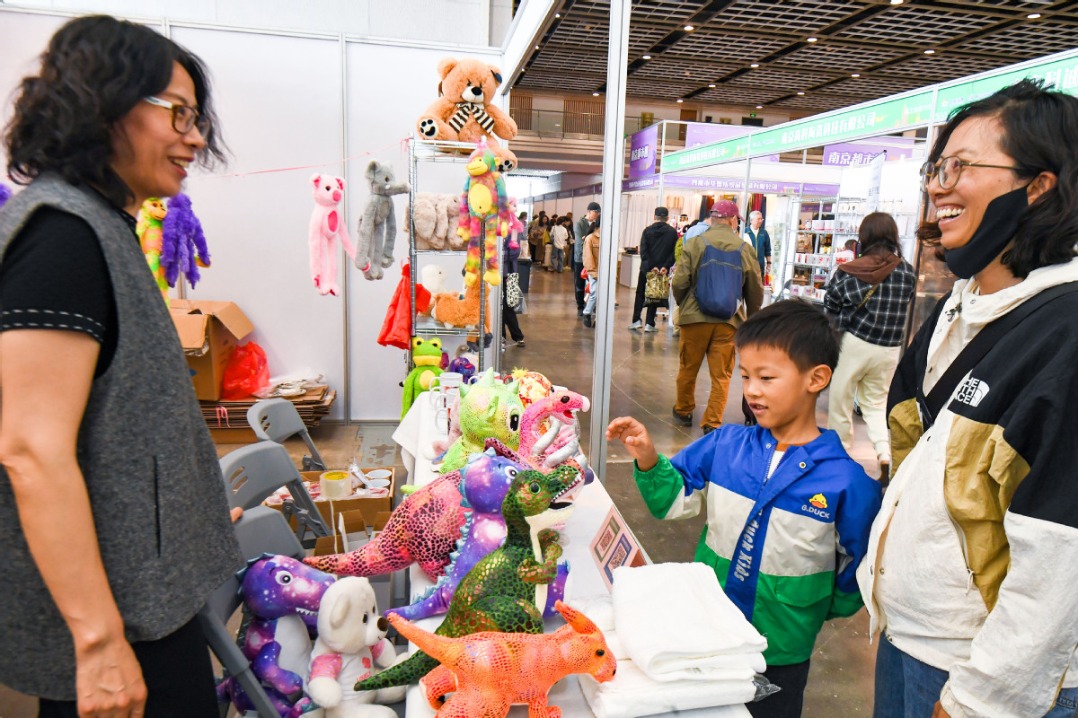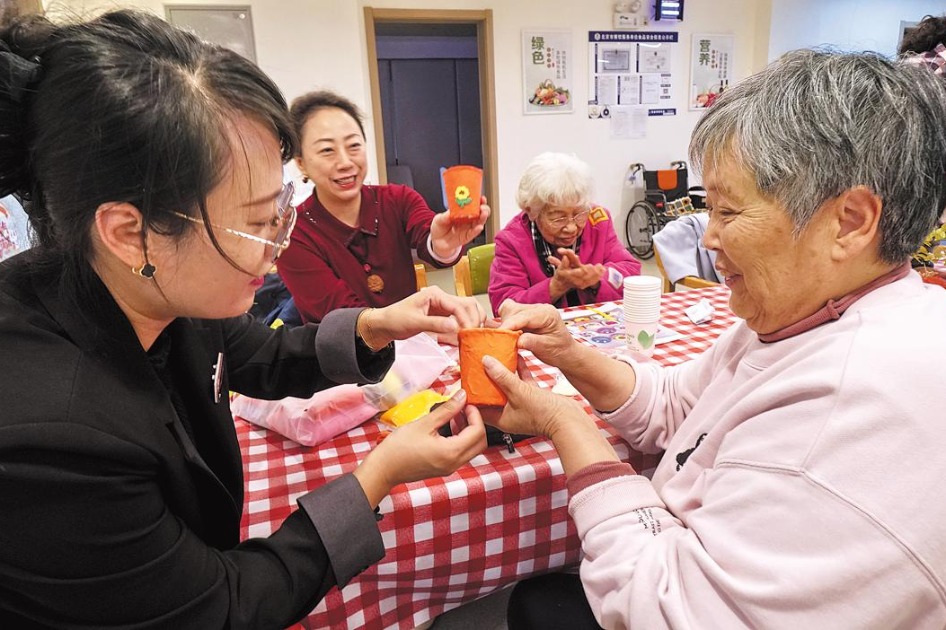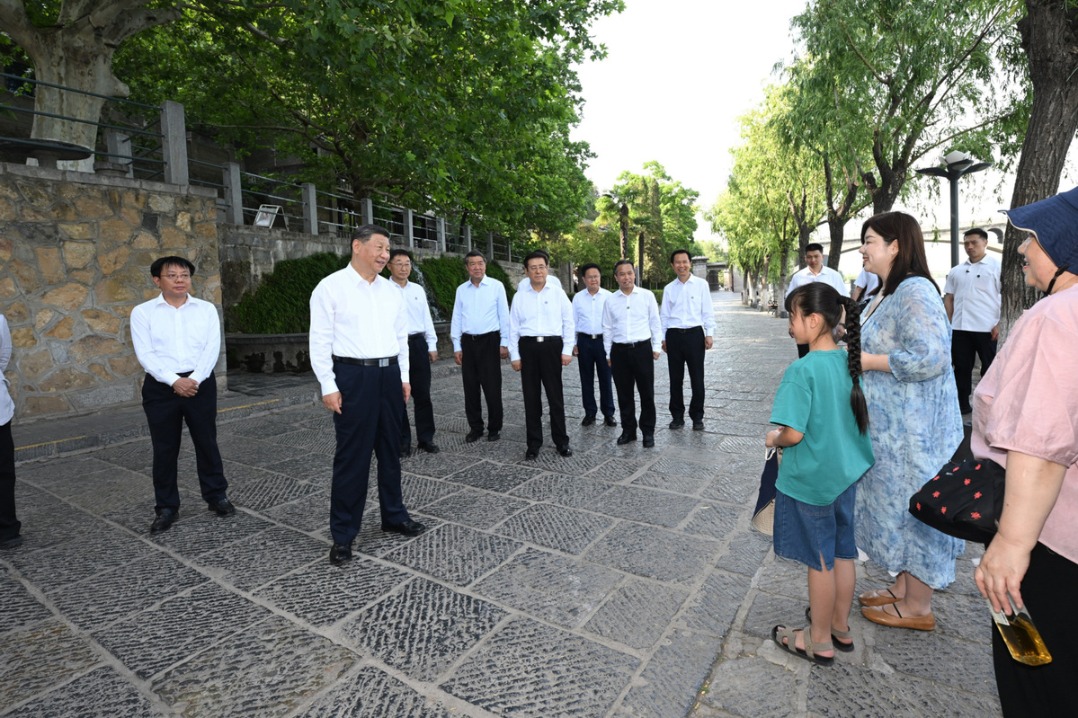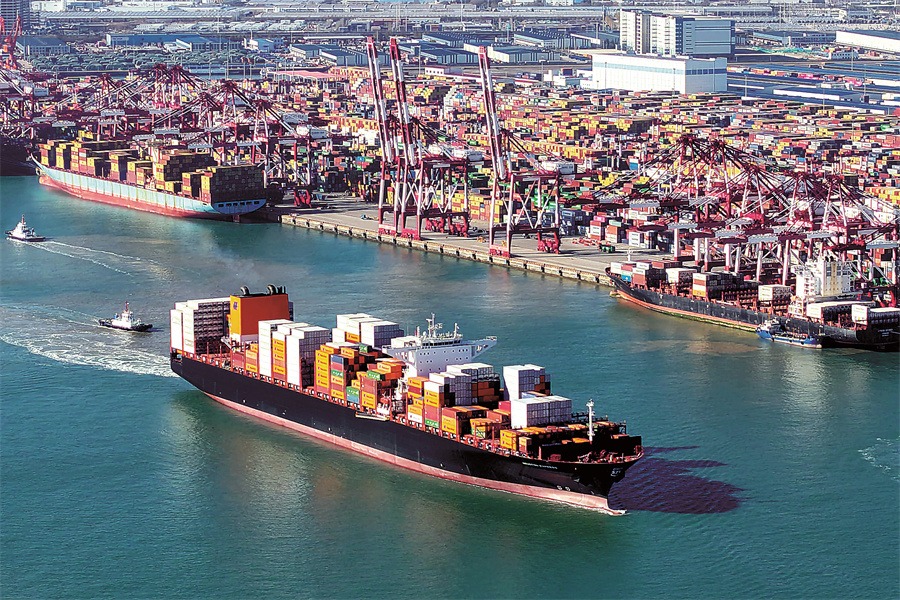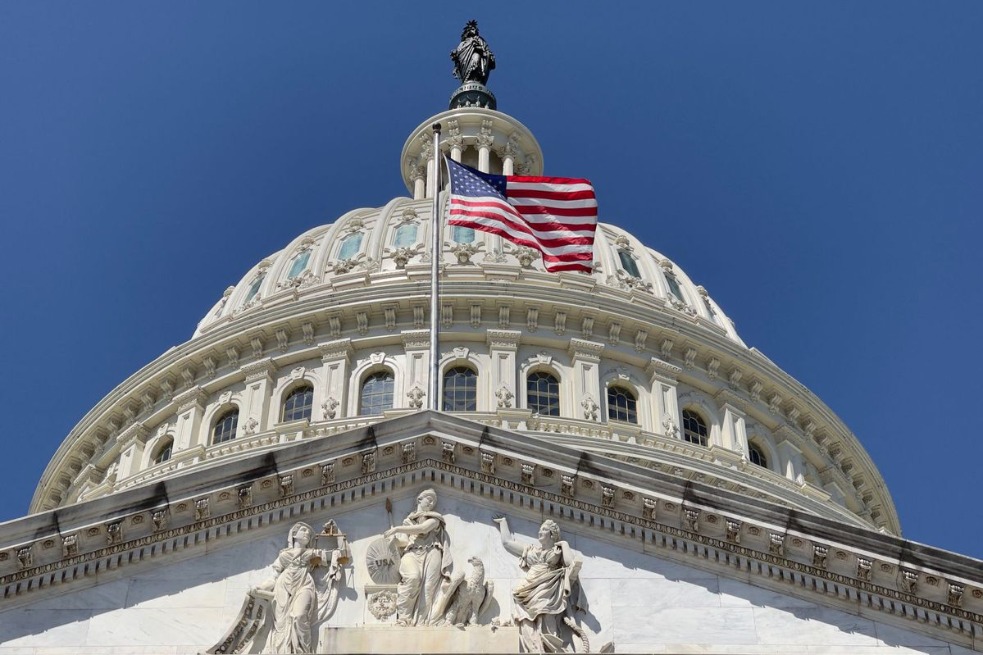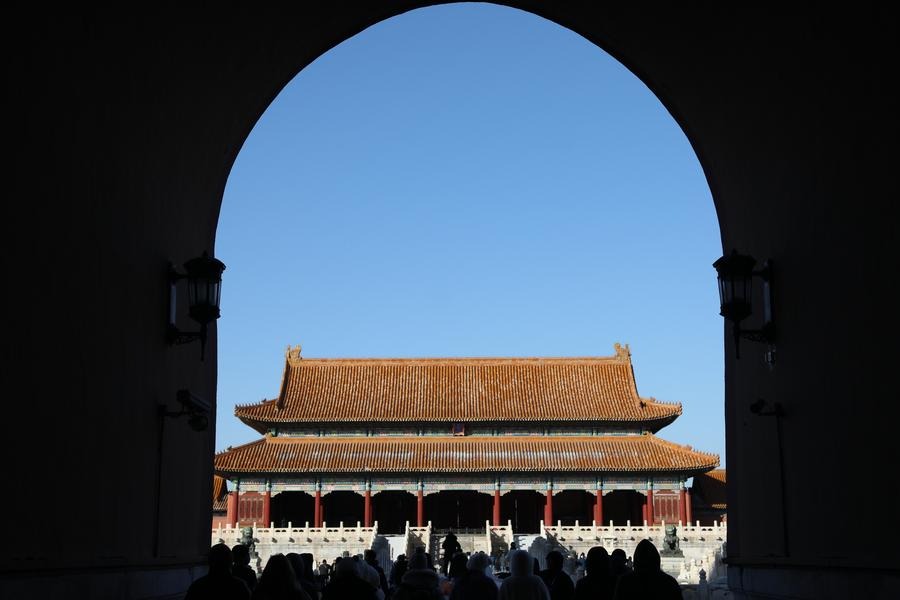DPP theatrics at WHA doomed to failure: China Daily editorial

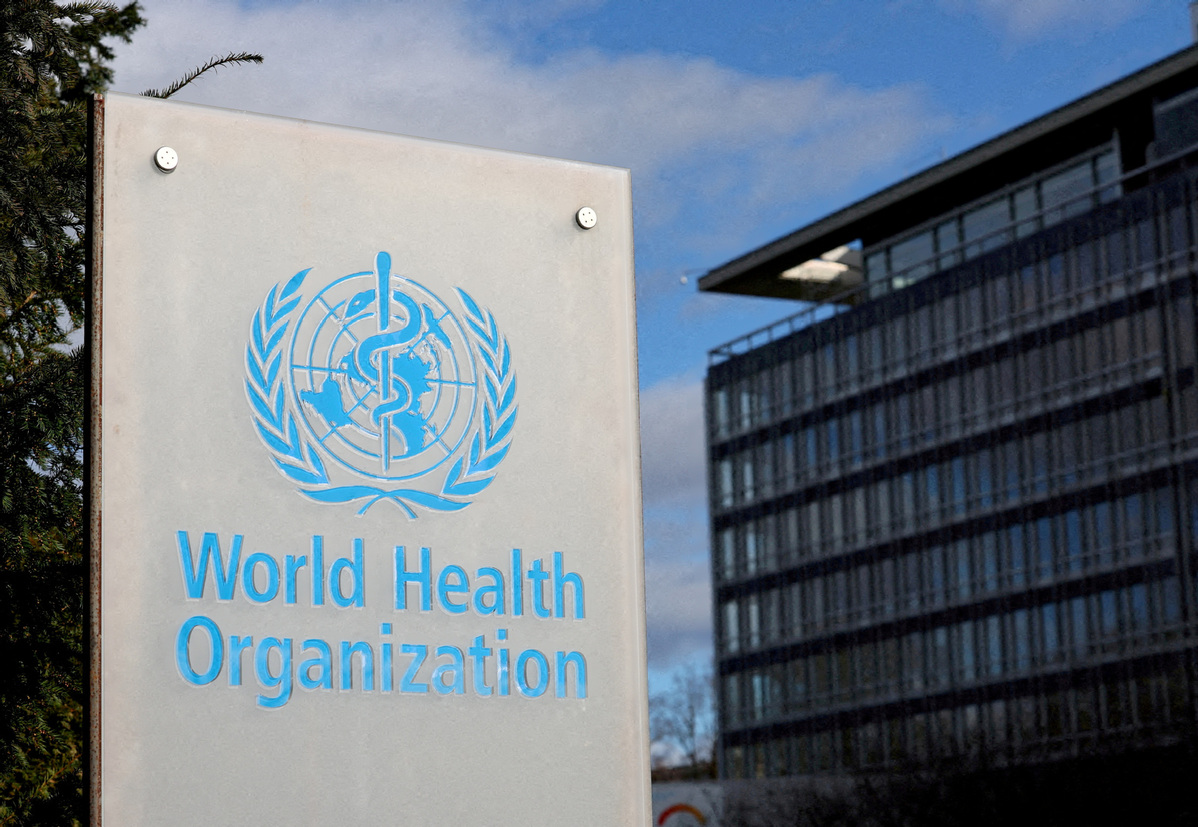
For the ninth consecutive year, the World Health Assembly, the decision-making body of the World Health Organization, has rejected a proposal to include Taiwan as an observer at its annual meeting.
The outcome, announced on Monday, was predictable and unavoidable. It underscores a fundamental truth repeatedly affirmed by the international community: Taiwan is an inalienable part of China, and its participation in global institutions must adhere to the one-China principle.
The proposal, pushed by the Lai Ching-te authorities in Taiwan and a handful of external supporters, seeks to politicize a technical forum meant to address global health challenges.
However, as has been the case in the past, the effort has proved futile, and rightly so.
Taiwan has no legal basis, right or reason to participate in the WHA or any United Nations-affiliated body unless granted permission to do so by the Chinese central government.
As emphasized by the Foreign Ministry, this position is rooted in international law, including UN General Assembly Resolution 2758, which recognizes the People's Republic of China as the sole legitimate representative of China to the UN, and WHA Resolution 25.1, which applies the same principle to WHO membership.
The Democratic Progressive Party authorities on the island have removed the political foundation for receiving Beijing's permission for their participation by stubbornly clinging to their separatist "Taiwan independence" rhetoric. Their refusal to acknowledge the 1992 Consensus — which affirms that both sides of the Taiwan Strait belong to one China — means the political basis for Taiwan's participation in the WHA as an observer does not exist.
Despite this, the DPP and its foreign backers cynically act out the same annual charade: pushing for Taiwan's inclusion at the WHA so they can vilify Beijing for "politicizing" public health, and feign concern for the well-being of Taiwan's residents.
Their goal is not to advance global health but to hijack the WHA's agenda, portraying the Chinese mainland as a villain while casting Taiwan as a "victim" of geopolitical bullying.
This manipulative narrative collapses under scrutiny. Taiwan's medical experts are already able to participate in WHO technical meetings and global health initiatives with the approval of the Chinese central government. In the past year alone, Beijing has given the green light to requests for 12 professionals from Taiwan to engage in WHO technical activities.
Under the International Health Regulations, Taiwan's health authorities also maintain direct communication channels with the WHO to report outbreaks and access critical information — a process that functioned effectively during the COVID-19 pandemic.
The falsehood of an "epidemic prevention gap" peddled by the DPP was exposed as a lie when the Chinese mainland's offer to supply Taiwan with millions of vaccine doses and medical supplies during the pandemic's peak — even as the island's "foreign patrons" offered little support beyond empty rhetoric — was rejected by the DPP authorities.
The central government has consistently prioritized the health rights of Taiwan's residents. Cross-Strait cooperation on disease control, vaccine development and medical exchanges have saved lives and strengthened regional health security.
The DPP's annual theatrics at the WHA will continue to fail, not because of Beijing's "pressure" but because the world refuses to reward the DPP's attempts to turn the WHA into a stage for geopolitical posturing, which betrays global health solidarity and the WHO's mission.
The international community's overwhelming rejection of Taiwan's WHA bid sends a powerful message: No amount of political maneuvering can override the one-China principle. The DPP's annual defeats at the WHA just mirror its growing isolation on the world stage.

















